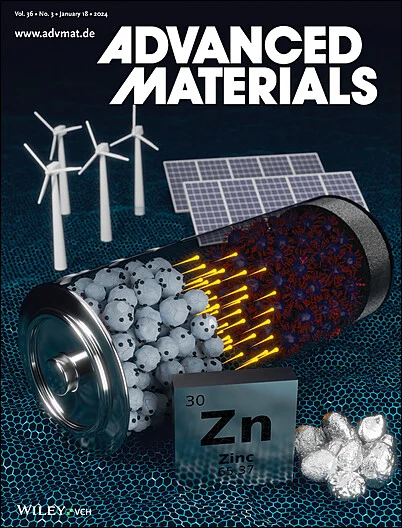Tumor‐Specific Protein Induced in Situ Self‐Assembly of Peptide Drugs for Synergistic Mitochondria Disruption
Abstract
Mitochondria-targeted cancer therapy is an effective method for controlling tumor growth. However, the presence of repair mechanisms in tumor cells in response to mitochondrial damage poses significant challenges for treatment. By taking advantage of intracellular self-assembly technology, a peptide nanomaterial, RC-K-FX, that enters tumor cells in a monomeric form is designed. After binding to MUC1-C inside the cell membrane, RC-K-FX assembles into a spherical structure that stably encapsulates MUC1-C, inhibiting its dimerization and blocking the repair of stress-induced mitochondrial damage in tumor cells. Moreover, the self-assembled mitochondrial toxic peptide effectively destroys the mitochondria, and the loss of mitochondrial repair significantly increases tumor cytotoxicity by disrupting the redox balance, enhancing reactive oxygen species (ROS), inhibiting the nuclear factor (NF)-κB pathway, and suppressing the epithelial-mesenchymal transition (EMT) process. After intravenous administration, RC-G-FX accumulated at the tumor site, exhibiting improved anti-tumor effects and extending the overall survival of tumor-bearing mice. Therefore, the integration of the in situ self-assembly of peptide drugs and damage to mitochondrial repair mechanisms provides effective therapeutic options for malignancy.





